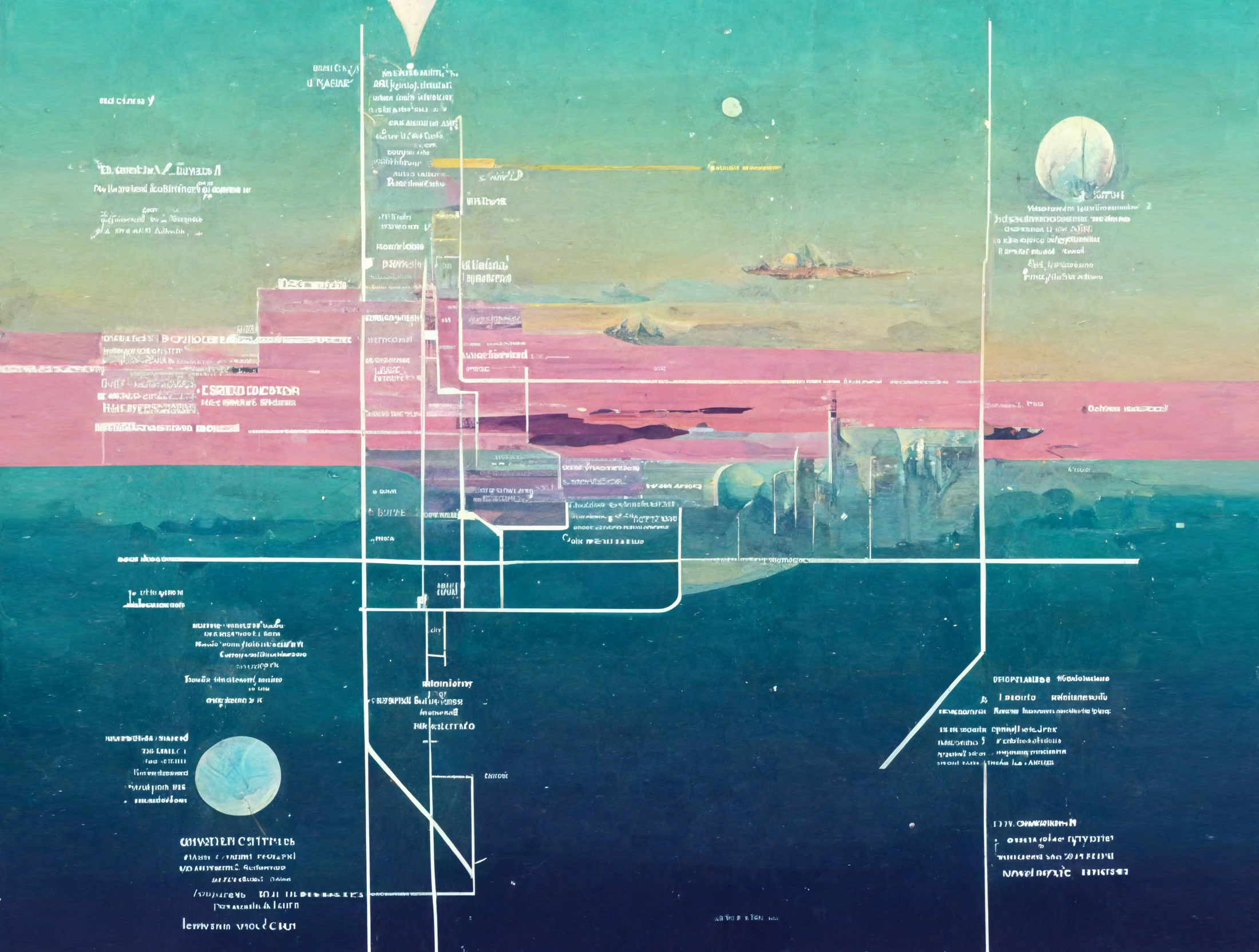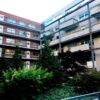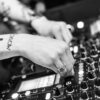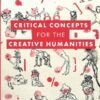Documentation

“Notes on the Political Imaginary and Exhibitions” – Nick Aikens and Ohad Ben Shimon
**This seminar takes place at Van Abbemuseum, Eindhoven, from 14:30 to 17:00. Access to the exhibition ‘Rewinding Internationalism. Scenes for the 1990s Today’ is included in the seminar. The notion of the imaginary has circulated within the humanities since Cornelius Castioiardis’ ‘Imaginary Institution of Society’ first published in 1975. It has appeared in…
Read more
“Janelle Monáe’s Black Utopias and the Afrofuturist Imagination” – Dan Hassler-Forest (UU)
Singer. Dancer. Movie star. Activist. Queer icon. Afrofuturist. Working class heroine. Time traveler. Prophet. Feminist. Android. Dirty Computer. Janelle Monáe is all these things and more, making her one of the most fascinating artists to emerge in the twenty-first century. Dan Hassler-Forest’s new book Janelle Monáe’s Queer Afrofuturism explores how her work has connected different…
Read more
**ONLINE** “Social Imaginaries of Ethics and AI” – Sonja Rebecca Rattay and Irina Shklovski (Copenhagen University) and Marco Rozendaal (TuDelft)
** This event has been swtiched online due to COVID-related issues. Please join us on Microsoft Teams! AI systems are increasingly part of everyday products, and designers take part in shaping how they are being integrated in our daily life. As a technology, AI is facing more unknowns about consequences and ethical use…
Read more
“Robotic Imaginaries” – Acting Like a Robot Research Project
**This session takes place at De Brakke Grond, Amsterdam In the Acting Like a Robot research project we investigate how theatre may contribute to new approaches to the design of robot behavior and the interaction between humans and robots. The big challenge for such design lies in what Lucie Suchman describes as the “deep…
Read more
“Media Imaginaries / Imaginary Media / Imaginations of Media” – Frank Kessler and Imar de Vries (UU)
A medium never simply “is”. It carries with it not only a history but also a future. Its future is imagined as a perfection of its – sometimes imaginary – potentials, just as there are imaginations of future media, which may also be or remain imaginary media. Moreover, there is always an imaginary of…
Read more
Walking with the Trouble: Haunted Landscapes, Trauma Maps and Memory Landmarks – Olga Efremova
My natural response to the challenge set by Liesbeth Groot Nibbelink and Anne Karin ten Bosch in the final session of this year’s TiM seminar series to explore methods of drawing, the ‘soft atlas’ and performative mapping (Utrecht University 2022) was to venture outside with a drawing pad and pencil in my hand….
Read more
Misplaced Sublime: In Search of the Music Trapped Between the Two World Wars – Olga Efremova
I have been enjoying the privilege of writing this blog entry from a place in Utrecht Museum Speelklok after having visited their extensive exhibition of musical automations. I came to the place in search of something being “lost in translation”, to quote the title of Sofia Coppola’s 2003 film, when musical performances were…
Read more
TiM Seminar & Meet the Makers – See you in 2022-2023!
Thank you for your participation in 2021-2022 Transmission in Motion Seminars & Meet the Makers. Details for the sessions in the upcoming season (2022-2023) will be updated in September 2022. In the meanwhile, you can read about TiM Seminar 2021-2022, and past Meet the Makers events. Also, feel free to read student blog posts…
Read more
The possibility of criticising the technical – Martin Essemann
The framing of music as writing, as fundamentally techical in the broadest sense, and the implicit inflation of technics and culture that seemed to underly the presentation, is perhaps a delayed response in the field of musicology to the questions about Modernism in visual art that arose in the middle of the last…
Read more
Book review: Critical Concepts for the Creative Humanities by Iris van der Tuin and Nanna Verhoeff
Jonathan Jaschinski Critical Concepts for the Creative Humanities is a dictionary that compiles 70 concepts bearing the potential to unfold critical power and open up new lines of thought in what the authors call the “creative humanities”. They use this phrase to underline that both humanities and the “field of design, art, and…
Read more
